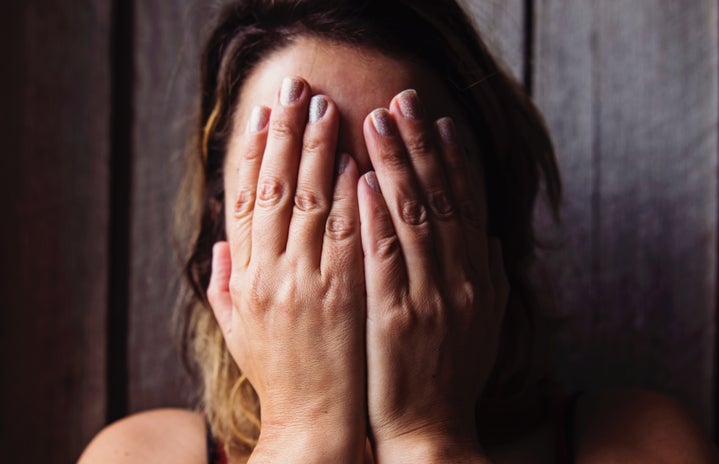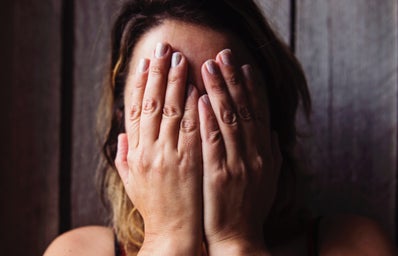As Rafael Nadal held the Australian Open trophy aloft after a five-hour clash with Daniil Medvedev on Sunday night, he was celebrating not only an Australian Open win but also a record 21st Grand Slam title, the highest number ever won by a male tennis player. Amidst the joyous celebrations for popular Nadal, the controversial absence of his rival Novak Djokovic could almost, but not quite, be forgotten. After months of speculation about how Djokovic would respond to the Australian Open’s vaccine mandate for all players, on the 5th of January the world Number One arrived in Australia having been granted a medical exemption to the Covid vaccine. Following questioning by the Border Force, however, Djokovic had his Australian visa revoked by Immigration Minister Alex Hawke, and after two unsuccessful legal appeals and several days of detainment, he was deported from the country without contesting the Open.
Djokovic’s case drew international attention, including condemnation by those who oppose his presumed anti-vaccination stance, and outspoken support from many, including the Serbian Prime Minister. But he was far from the only person being held in immigration detention by the Australian government or being subjected to the arbitrary decision-making powers of the Immigration Minister. Djokovicwas detained in the the Park Hotel for four nights, alongside thirty-two refugees and asylum-seekers who were also hoping for freedom, some of whom have been in immigration detention for more than nine years.
These men, who originate mostly from war-torn countries like Afghanistan and Myanmar, are suffering the effects of a severe asylum seeker policy that has drawn criticism from human rights organisations in Australia and beyond for several years. Under the system, which purportedly aims to deter dangerous sea crossings from Indonesia, asylum seekers and refugees can be indefinitely detained in conditions which have been described as ‘disgusting’ and ‘cruel’, even in some cases when detainees have been assessed as genuine refugees. An estimated 1,459 people are held in immigration detention facilities in Australia and a further 239 in offshore detention centres in Nauru and, until recently, Papua New Guinea. At least 13 people have died from violence, illness or neglect in these controversial offshore detention centres. Public opposition to these policies is growing, especially in relation to children, but the degree of governmental commitment to draconian measures was demonstrated in 2019 when the federal government was successful in repealing ‘Medevac’ laws, which had previously facilitated the transfer of seriously ill people in detention centres in Nauru or on Manus Island to Australia for medical treatment.
Advocates have tried to leverage outrage over Djokovic’s treatment to raise awareness about the plight of asylum seekers. The Asylum Seeker Resource Centre tweeted ‘To Djokovic fans outraged his visa has been cancelled again… be outraged for 100s of refugees languishing in detention centres today because we allow a Minister to have god-like powers that can override our courts. The #refugees are the story.’ Behrooz Boochani, an ex-refugee who advocates on behalf of those still trapped in detention, responded to those worried that the Djokovic controversy would damage Australia’s international image, arguing that ‘in a better world, public anxieties about international image would be stirred by the imprisonment of refugees in the same hotel for almost a decade.’
It must have been galling to see crowds of Djokovic supporters gathering outside the hotel to call for their hero’s release, but many of the asylum seekers and refugees have called for compassion for the tennis player, saying they would ‘never wish this on anyone.’ Zahid Hussain, one of the fellow detainees, expressed his frustration with the difference in treatment: “It’s depressing because this person has been here for two days and a lot of people are protesting for him, especially the media, and are raising their voices.”
Like Djokovic, the men at Park Hotel were subject to an arbitrary and often opaque decision-making process about who can enter Australia, a process which legal scholars have called essentially ‘unreviewable by the courts’. Unlike Djokovic, most of the people in immigration detention do not have the option of safely (and luxuriously) returning home to a hero’s welcome. Although the Australian government incentivises detainees’ return to their home country, in many cases asylum seekers face violence and poverty on their return. Thirty three of the asylum seekers who have ‘voluntarily’ returned to their home countries have been reported dead.
Whatever your opinion on Djokovic’s treatment, it is worth remembering those for whom the stakes have always been higher. Without a world-class talent for tennis, global fame, or the support of a world leader, Djokovic’s fellow detainees have been left to languish for far longer.


